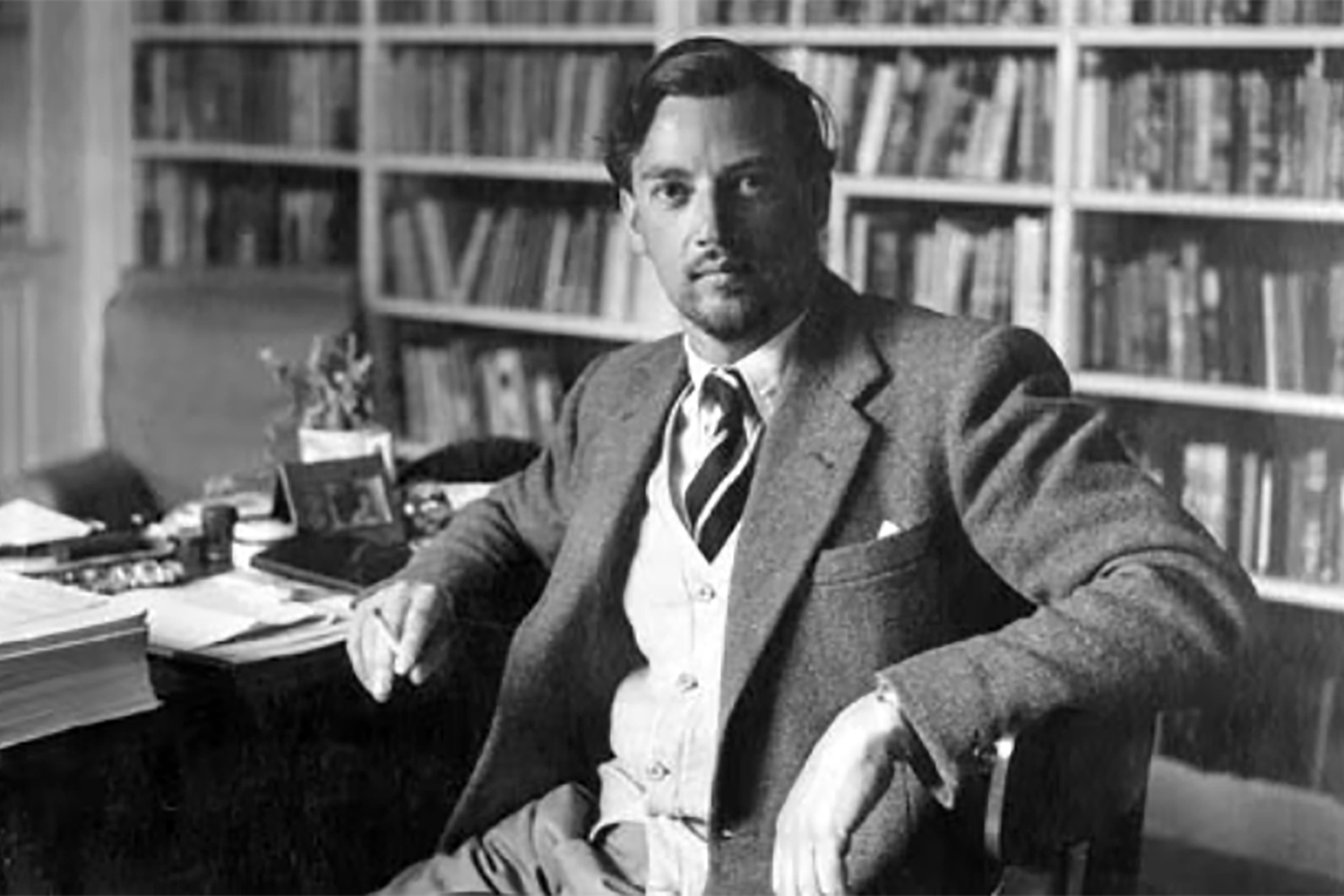To describe Alan Ross as a polymath does scant justice to the eclecticism of an extraordinary man. Just one aspect of his life was his period as cricket correspondent of this newspaper from 1954 to 1972, after a four-year spell as football correspondent. He must have cut a bohemian figure in the press boxes of Stamford Bridge or Villa Park, but to describe Ross as a sportswriter is like saying Paul McCartney once played bass in Wings.
Ross was a war hero, poet, bon viveur, travel writer, incorrigible gossip, racehorse owner and brilliant magazine editor. He was also, said the literary agent Christopher Sinclair-Stevenson, “the kindest man I ever knew”. Ross emerges from a colourful and charismatic cast list as one of the leading characters in my book Victory in Australia, a revisiting of the compelling and historic 1954-55 Ashes series.
In September 1954, he was one of a press contingent of more than 20 who boarded the SS Orsova and embarked on a tour that would end in an historic triumph for England.
He covered the cricket with his usual mix of lyrical charm and shrewd technical analysis, but he did so much more. “I am as much interested in Australia as I am in cricket,” he wrote on embarkation at Tilbury. “It would be a dull fellow who was not.” On his return, he published Australia 55, a book which more than made good on that ambition while simultaneously establishing a reputation as one of the finest cricket books ever written.
It helped that the series provided some of the most memorable contests in Ashes history. Having been thrashed by an innings in the first Test in Brisbane, England fought back to win 3-1, only the second time they have triumphed in an overseas Ashes series after falling behind.
Ross reported on English desolation after losing the first Test. Captain Len Hutton was “a lonely figure struck down by as many disasters as any hero in Greek mythology”. And he exalted as, inspired by the bowling of Frank Tyson, they fought back to win in Sydney and Melbourne. “Tyson, having cut his run, seemed to have become able under pressure to draw on a reserve source of power, rather as a motorist switches over to his emergency petrol supply.”
By the time of the fourth Test in Adelaide, Ross was in hospital with appendicitis. On the fifth day, he was well enough to make it to the ground and watch England complete a nervy five-wicket win to seal the series. “I hobbled tenderly up the steps of Calvary [Hospital] that evening in high spirits, removing, on my way, the bottle of Veuve Clicquot which I had put on ice against my return.”
A formidable intellect can only have been the product of a fecund mind, so who was the man dispatched by The Observer to report on the 1954-55 Ashes? Alan Ross was born in India. Aged seven, he began his formal education in England. From his first school in Falmouth, he moved to East Grinstead, spending hours of the summer holidays contentedly engrossed in county cricket at Hove.
At Haileybury School, he discovered a love of poetry to match his passion for cricket. One of his closest friends was Michael Davie, later a distinguished Observer journalist, who gave Ross his first job on the paper.
Ross read modern languages at Oxford, but rarely saw the inside of a lecture room. Instead he represented the university at squash and cricket.
Newsletters
Choose the newsletters you want to receive
View more
For information about how The Observer protects your data, read our Privacy Policy
He left Oxford before taking his finals and joined the Royal Navy and served on the Russian convoys. Of all his accomplishments, his editorship of The London Magazine, which he took over in 1961, was perhaps the greatest. “It enabled him to dodge having to pursue anything so constricting as a career,” wrote Davie. He could afford to be cavalier about budgets thanks to his marriage to chocolate heiress Jennifer Fry.
Among all this – and amid a complicated private life – he found time to write about sport for The Observer. And he did it perhaps as well as anyone has ever done.
Victory is Australia by Richard Whitehead, is published by Bloomsbury, RRP £22
Photograph by Joe Waldorf
